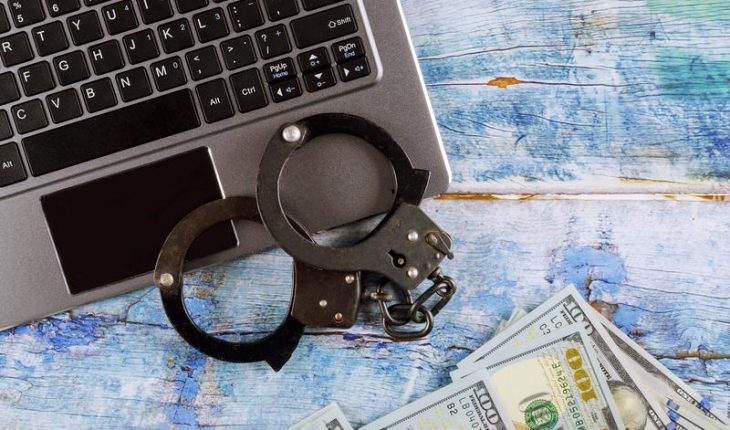By Farzin Espahani
If you have been a victim of crime, you may be full of fear about reporting the perpetrators. It is normal to worry and feel unsure about what will happen in case you report. This fear of reporting may be due to past experience with the authorities. Sometimes, you fear that reporting to the police may make the situation worse. Emerging technologies have provided law enforcement with tools that are necessary for fighting crime.
How GPS Can Affect Cases
The police are increasingly using new technology to make surveillance easy. The use of GPS tracking has sparked disputes on this technological tool, expanding the police monitoring abilities. The admissibility of GPS evidence is based on the argument that devices track themselves, not a person, car, or package. This is changing cases because it is accurate and more lawyers are using it. Courts are admitting GPS evidence because it is objective and does not take sides, like DNA results. For example, an individual could use GPS data to prove that they were not speeding if they had GPS tracking attached to the vehicle at the time the ticket was issued.
Websites Making It Easier to Report
There are positive reasons for reporting crime, and they are expected to put safety first. In recent times, the fear of reporting has been taken into consideration with the introduction of websites to report crimes. Some websites protect the victims and support them in case they report or not. Some websites publish records of abuse by leaders of various organizations. People in authority tend to be perpetrators of crimes but may walk free because of the fear of reporting by the victims. These websites ensure confidentiality, and those in charge of the websites will report a crime if they think someone is at severe risk and needs urgent help.
How Crime Analysis Helps
New technology is increasing the options in terms of tools for law enforcement to deter crime. Crime analysts study the data on crimes and patterns. Crime analysts help to solve cases by developing effective strategies to prevent future crime. Their work is to bridge the gap between imprecise material with measurable facts. This new technology is helping to make the evidence more reliable for many different cases and helps to solve some crimes that might never have been solved otherwise.
From evidence provision to tactical influence, technology will continue to remain relevant to law enforcement. Some of the technology-related uses in fighting crime are in their infancy, such as GPS laws. Care should always be taken when trying to administer technology-related evidence.
Here’s another article you might like: How to Navigate Life with a Juvenile Record




